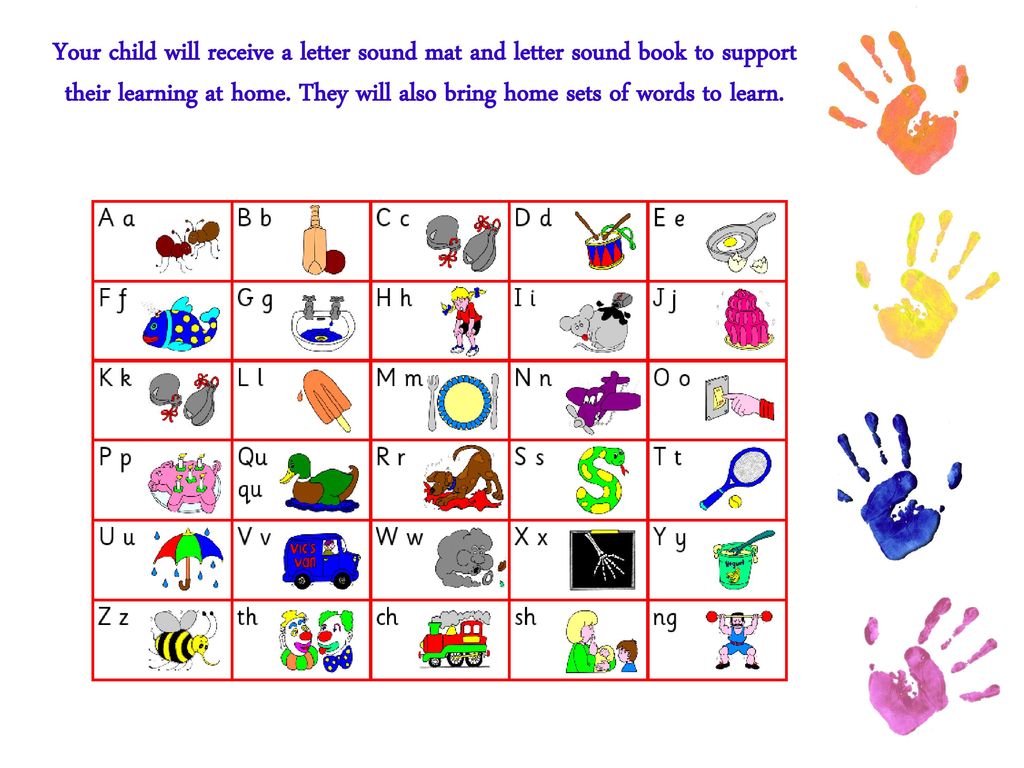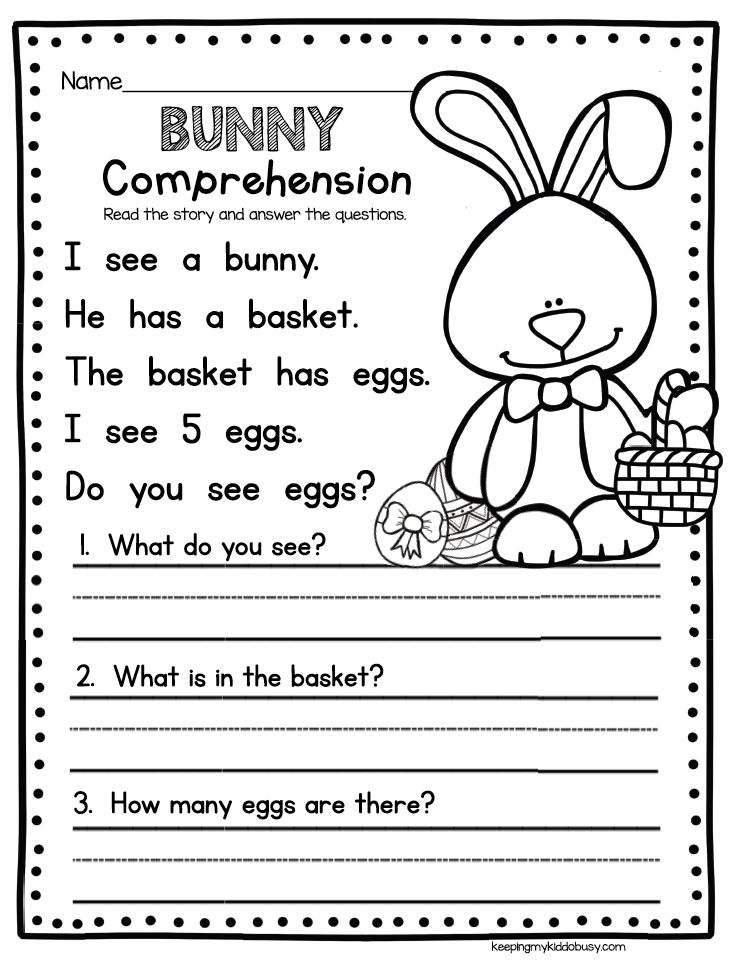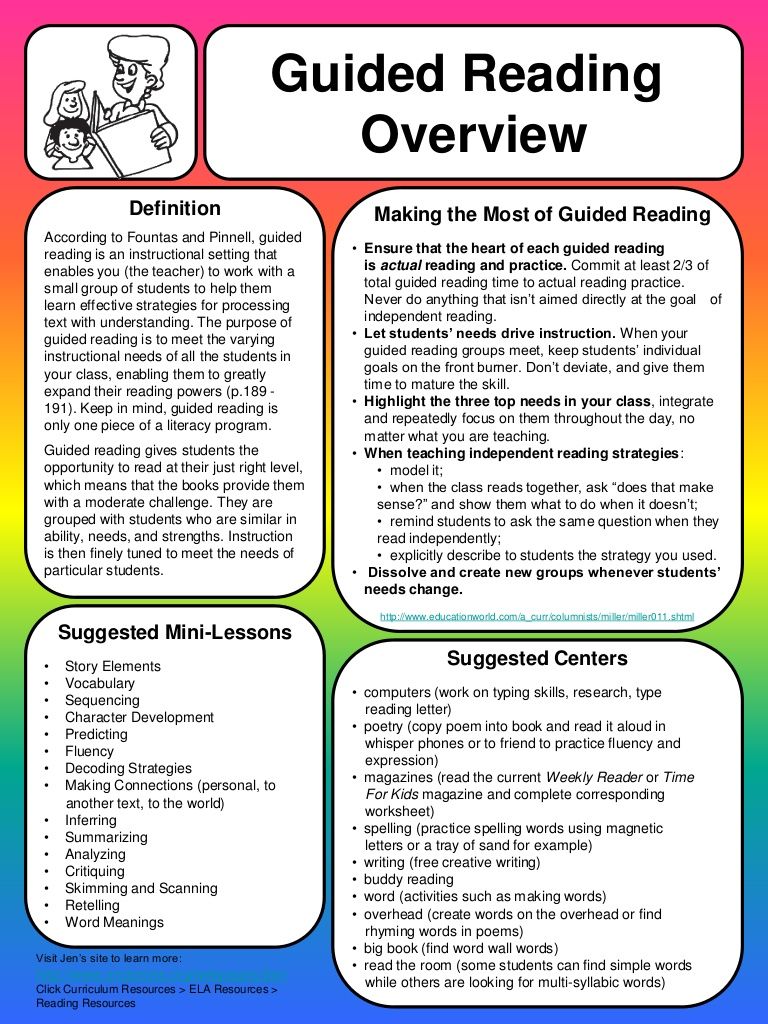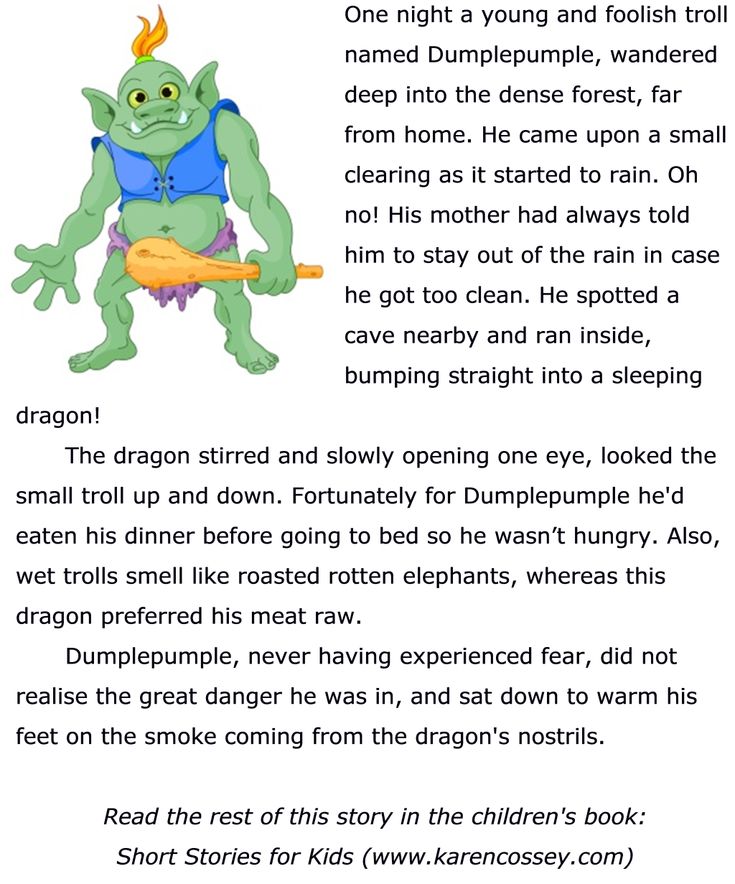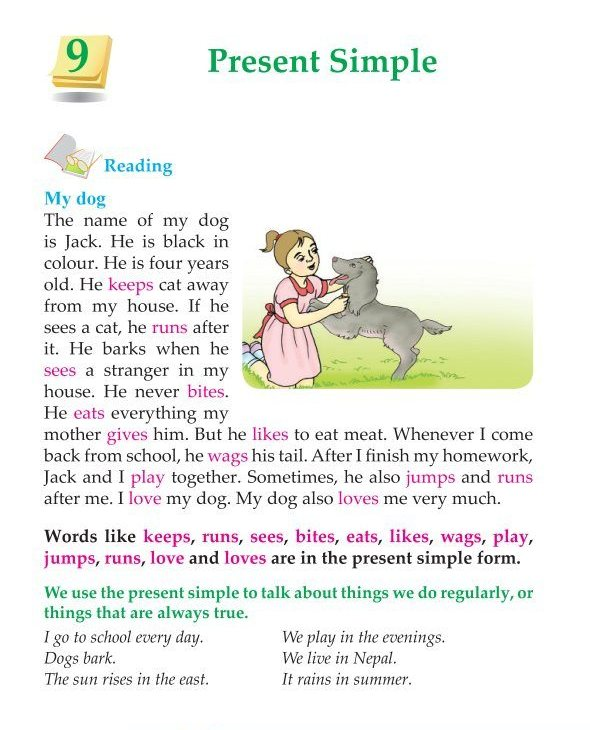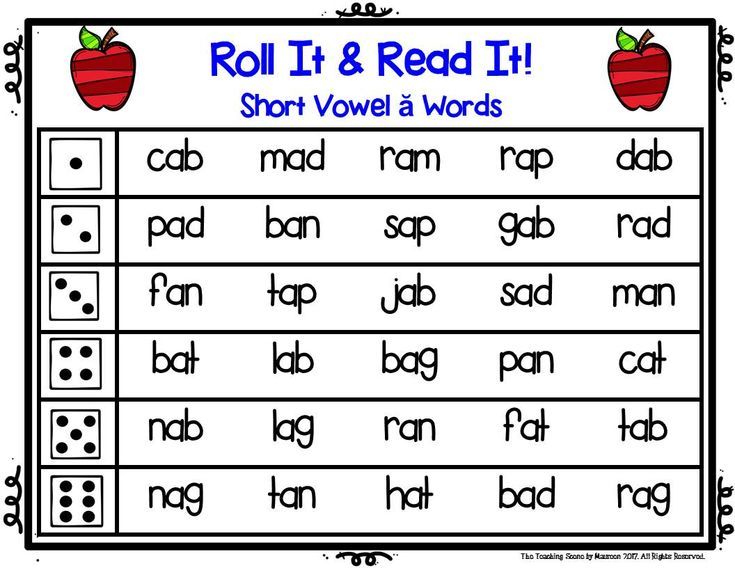The importance of reading to your children
Why Reading to Children Is So Important
Does your child have a favorite book they like to hear? Do you enjoy sharing your favorite childhood book with your child? That’s a win-win! Reading to children is important for many reasons including cognitive benefits, stronger social, emotional and character development, decreased levels of aggression, and stronger vocabulary. It strengthens your relationship with your kids and—best of all, helps kids develop a lifelong love of reading.
At just several months of age, an infant can listen to your voice, look at pictures and point to objects on pages. Children learn to love the sound of language before they even notice words on a page. Reading to children stimulates their imagination and expands their understanding of the world. It helps them develop language and listening skills and prepares them to understand written words.
Supported Cognitive Development
Reading to a child has been proven to improve cognitive skills and aid in cognitive development. Cognitive development is the emergence of the ability to understand and think, the construction of thought processes, including remembering, problem solving and decision-making, from childhood through adulthood. How a person perceives his world through areas such as information processing, reasoning, language development, attention span and memory are parts of cognitive development. Reading also stimulates brain cell activity. The more an adult reads to a child, the larger their vocabularies grow, and the more they understand about the world around them.
Better Language Skills
Reading exposes children to new speech patterns and vocabularies. They learn to absorb information on how to form a sentence and use words effectively, helping them develop better communication skills. Reading stimulates the part of the brain that allows children to understand the meaning of language and helps build key language, literacy, and social skills. This is especially important when you consider that, according to the American Academy of Pediatrics, more than one in three children start kindergarten without the skills they need to learn to read.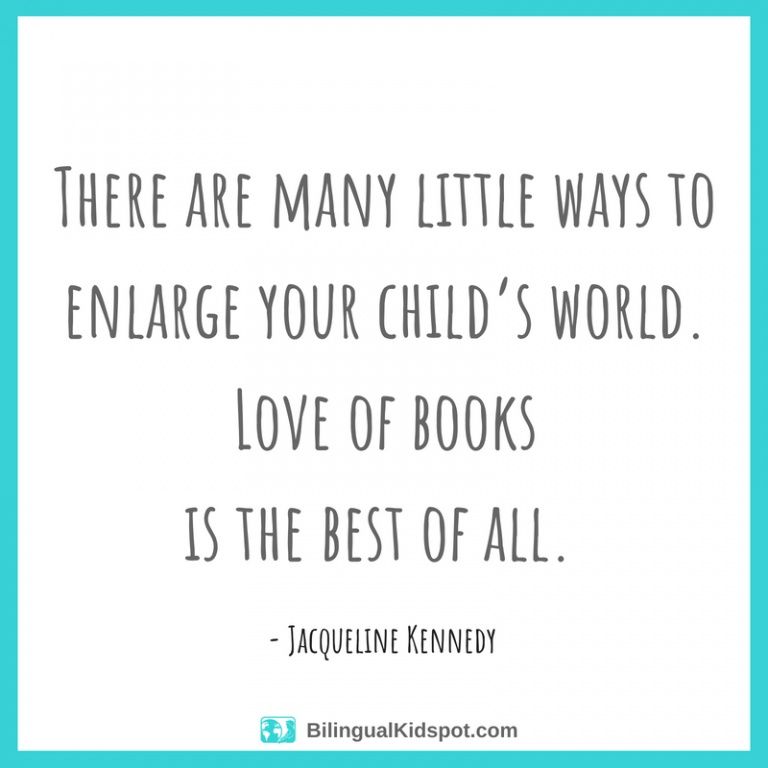 Research has shown that kindergarten children who were read to at least three times a week had a significantly greater phonemic awareness than did children who were read to less often.
Research has shown that kindergarten children who were read to at least three times a week had a significantly greater phonemic awareness than did children who were read to less often.
Prepare for Academic Success
By helping children to grow their vocabulary skills with exposure to new words and listening skills, they are better positioned for academic success. Studies show that students exposed to reading before preschool are more likely to do better when their reach their period of formal education. By jumpstarting a child’s reading success, they experience stronger growth in the following areas:
–phonemic awareness: being able to hear, identify and play with individual sounds
–phonics: being able to connect letters of written language with sounds of spoken language
–vocabulary: words needed to communicate effectively
–reading comprehension: being able to understand what has been read
–fluency (oral reading): ability to read text accurately and quickly
Reading Helps Children with Special Needs
For children with special needs, looking at faces and body language in a story helps them learn about nonverbal cures of communication. More than just being able to read or write, literacy is a key component of learning, development, communication, and a richer life. It’s not only about being understood, but also about being able to comprehend your world. Developmental delays can affect a child’s motors skills, social-emotional development, daily skills, and cognitive abilities. Reading can augment other learning styles—visual, auditory, tactile, and more. A child can look at an apple, bite it, do an apple puzzle, and read about apples. Looking at picture books can enhance a child’s ability to recognize pictures and what is happening in them, to generalize into his environment.
More than just being able to read or write, literacy is a key component of learning, development, communication, and a richer life. It’s not only about being understood, but also about being able to comprehend your world. Developmental delays can affect a child’s motors skills, social-emotional development, daily skills, and cognitive abilities. Reading can augment other learning styles—visual, auditory, tactile, and more. A child can look at an apple, bite it, do an apple puzzle, and read about apples. Looking at picture books can enhance a child’s ability to recognize pictures and what is happening in them, to generalize into his environment.
Literacy helps a child learn about herself and her feelings. When a child is stressed or had an afternoon meltdown but can’t tell you how he’s feeling, reading can often be a comfort. For example, a fun rhyming book about emotions, ending with “how do you feel today?” can offer a child a way to share feelings they might not be able to express otherwise, by allowing them to point to a picture in the book relating to their emotions.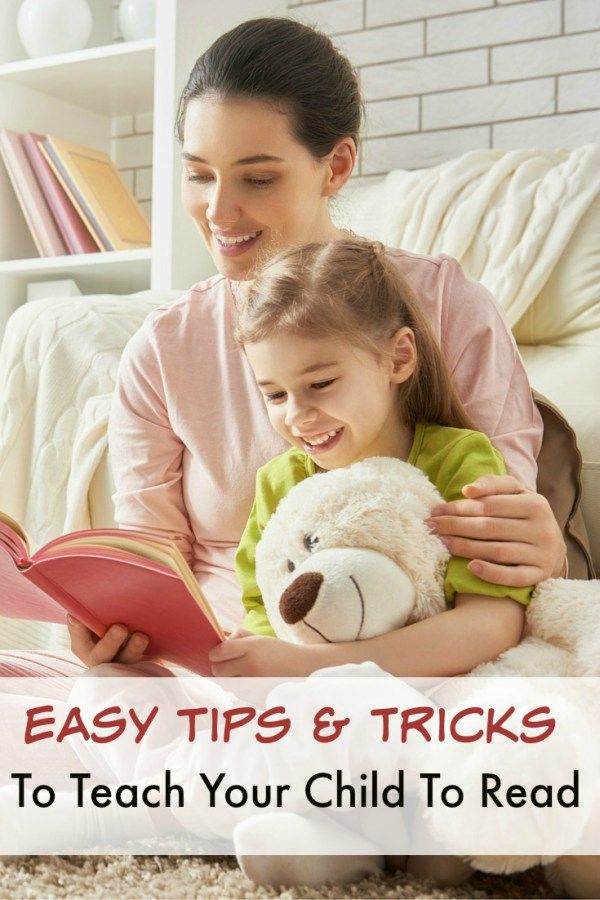
Special Bonding with Your Child
One of the most important things you can do to positively influence a child’s development is spend time with them. Reading to your child provides a wonderful opportunity to have a regular, shared event where you look forward to spending time together. Reading provides invaluable nurturing and reassurance to a child, even as a baby. Young babies love to hear familiar voices and reading is a perfect way to foster this connection. A strong parent/caregiver-child relationship can develop from a child knowing you’ll read together at a predictable, scheduled time that fits into daily routines. Reading aloud together gives you and your child something to talk about, which can also be used to discuss real-life experiences.
Increase Concentration and Improved Creativity
According to earlymoments.com, along with reading comprehension comes a stronger, self-discipline, longer attention spans and better memory retention. Additionally, reading can open doors to new worlds for your child as they use their imaginations to explore people, places, and events beyond their own experiences, shared with them through reading aloud.
Additionally, reading can open doors to new worlds for your child as they use their imaginations to explore people, places, and events beyond their own experiences, shared with them through reading aloud.
Resources
Take a look at this comprehensive list of 100 Books Every Child Should Hear Before Kindergarten. https://files.constantcontact.com/de0ceffa301/83882bd3-3d51-4f8c-a258-132be9314128.pdf
PBS Kids Read! https://www.pbs.org/parents/read
Life is hectic and parents/caregivers are busy. Taking the time to read with your child on a regular basis sends an important message that reading is worthwhile. Go to the bookstore together and let your child select a new book. Go to the library and borrow several books by different authors. Get excited! Help your child grow into an adult who reads easily and frequently whether for business, knowledge or pleasure.
References
www.pacer.org/ec/early-literacy/literacy-opens-the-world.asp
readingrockets.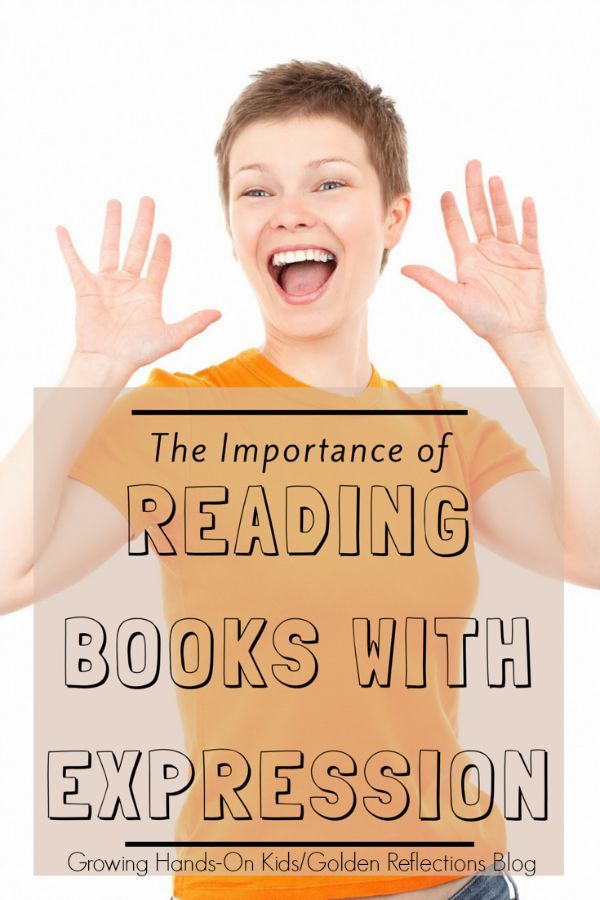 org
org
www.pbs.org/parents/thrive/why-reading-aloud-to-kids-helps-them-thrive
www.all4kids.org/news/blog/the-importance-of-reading-to-your-children/
Benefits & Importance of Reading to Children
Blog
03/03/2017
It’s undeniable that a child’s reading skills are important to their success in school, work, and life in general. And it is very possible to help ensure your child’s success by reading to them starting at a very early age. Continue reading to learn more about the top benefits of reading to children and how reading can support them for the future.
7 Benefits of Reading to Children
Whether you’re reading a classic novel or fairy tales before bed, reading aloud to children can significantly benefit your child’s life. Some benefits reading to children include:
- Supported cognitive development
- Improved language skills
- Preparation for academic success
- Developing a special bond with your child
- Increased concentration and discipline
- Improved imagination and creativity
- Cultivating.
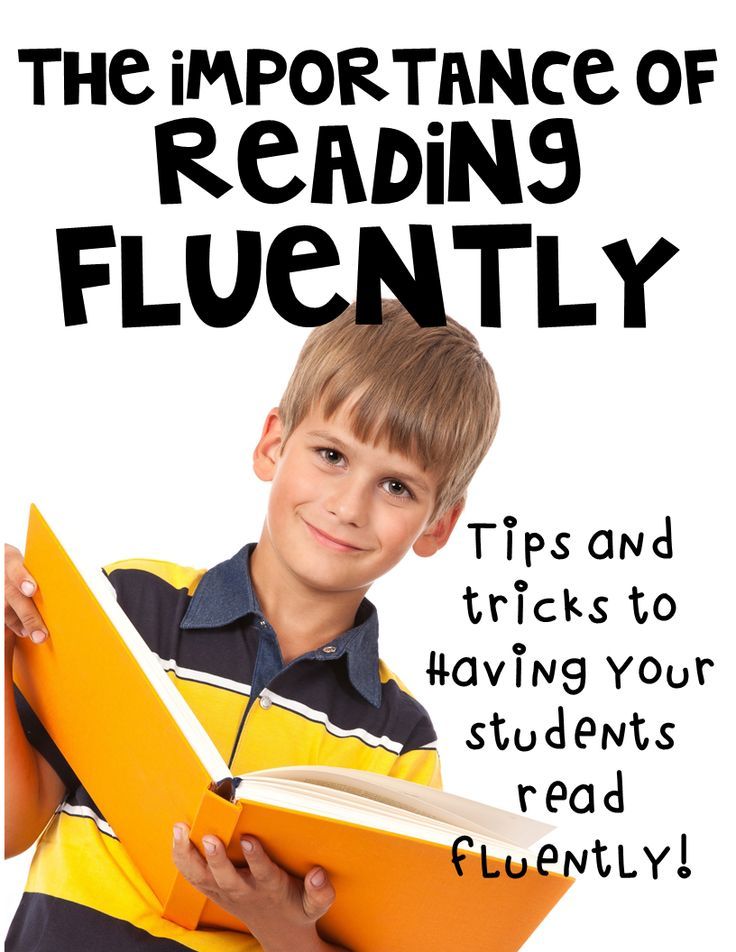 lifelong love of reading
lifelong love of reading
Reading to young children is proven to improve cognitive skills and help along the process of cognitive development. Cognitive development is the emergence of the ability to think and understand; it’s “the construction of thought processes, including remembering, problem solving, and decision-making, from childhood through adolescence to adulthood” (HealthofChildren.com). It refers to how a person perceives and thinks about his or her world through areas such as information processing, intelligence, reasoning, language development, attention span, and memory.
When you begin reading aloud to your child, it essentially provides them with background knowledge on their young world, which helps them make sense of what they see, hear, and read. In fact, many educators and researchers postulate that “It is the talk that surrounds the reading that gives it power, helping children to bridge what is in the story and their own lives,” rather than just the vocalization of the words.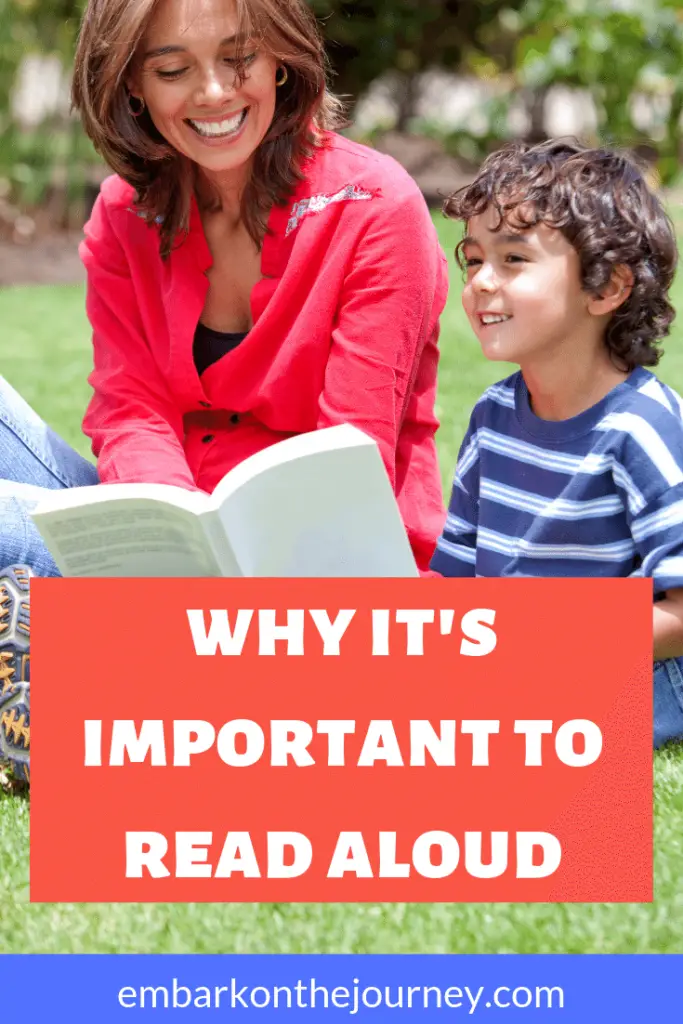 Introducing reading into your young child’s life, and the conversations that it will prompt, helps them to make sense of their own lives, especially at a young age.
Introducing reading into your young child’s life, and the conversations that it will prompt, helps them to make sense of their own lives, especially at a young age.
Consider this excerpt from a study on toddlers’ cognitive development as a result of being read aloud to:
“A child care provider reads to a toddler. And in a matter of seconds, thousands of cells in these children’s growing brains respond. Some brain cells are ‘turned on,’ triggered by this particular experience. Many existing connections among brain cells are strengthened. At the same time, new brain cells are formed, adding a bit more definition and complexity to the intricate circuitry that will remain largely in place for the rest of these children’s lives.”
Therefore, the more adults read aloud to their children, the larger their vocabularies will grow and the more they will know and understand about the world and their place in it, assisting their cognitive development and perception.
Improved language skillsReading daily to young children, starting in infancy, can help with language acquisition, communication skills, social skills, and literacy skills.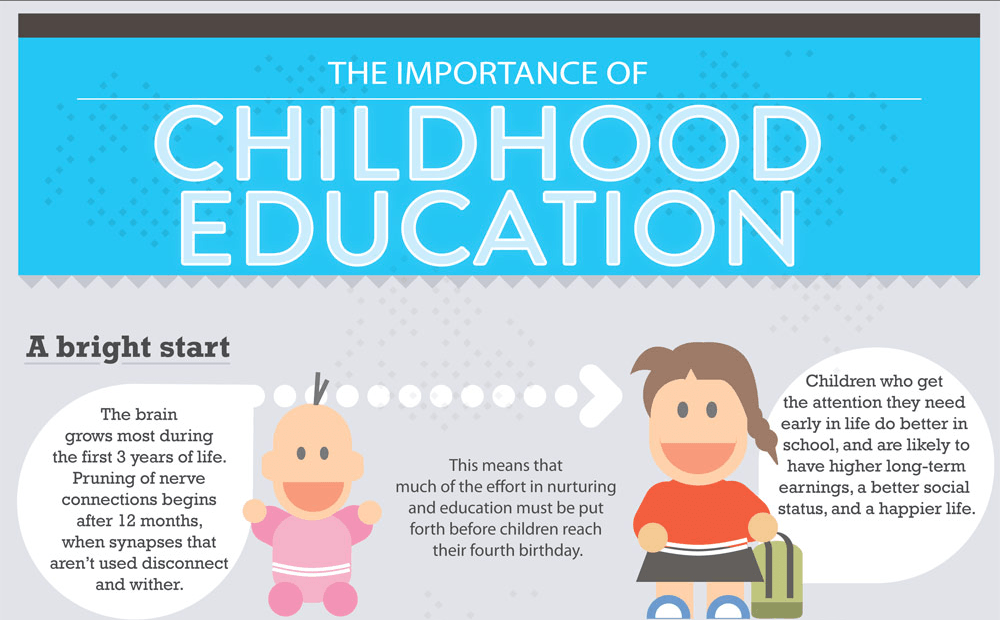 This is because reading to your children in the earliest months stimulates the part of the brain that allows them to understand the meaning of language and helps build key language, literacy and social skills.
This is because reading to your children in the earliest months stimulates the part of the brain that allows them to understand the meaning of language and helps build key language, literacy and social skills.
In fact, a recent brain scan study found that “reading at home with children from an early age was strongly correlated with brain activation in areas connected with visual imagery and understanding the meaning of language” (TIME.com)
These cognitive skills and critical thinking skills are especially important when you consider that, according to the American Academy of Pediatrics, more than one in three American children start kindergarten without the skills they need to learn to read. About two-thirds of children can’t read proficiently by the end of the third grade.
Furthermore, while a child will be able to latch onto vocabulary and language he or she hears around him or her, introducing reading into their auditory learning provides another benefit: it introduces the language of books, which differs from language heard in daily life.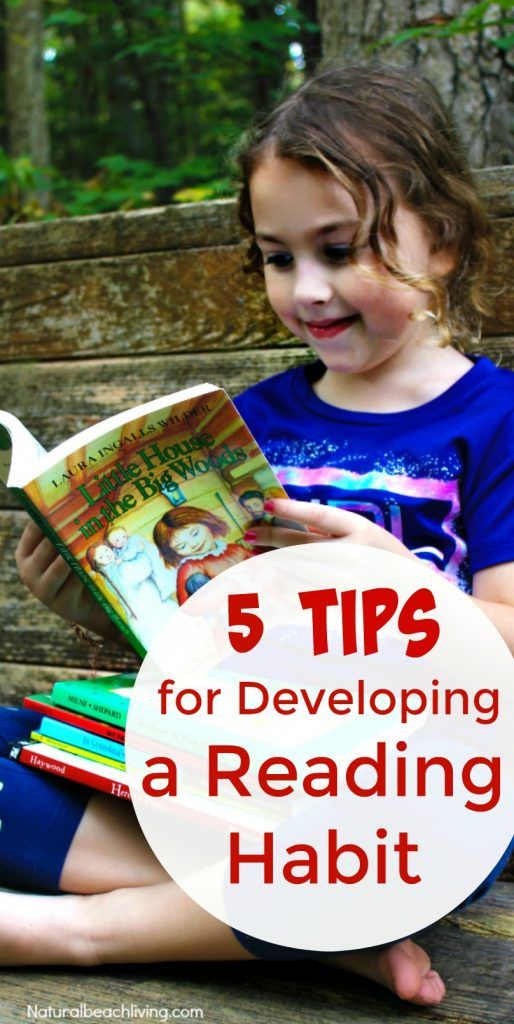 Whether it’s a children’s book or classic novel, book language is more descriptive, and tends to use more formal grammatical structures.
Whether it’s a children’s book or classic novel, book language is more descriptive, and tends to use more formal grammatical structures.
Early reading with your child is a true one-on-one opportunity for children to communicate with their parents and parents to communicate with their children. It allows children to grow their vocabulary skills with exposure to new words and listening skills they develop from hearing someone read to them that become vital to their academic success.
Studies have shown that “the more words that are in a child’s language world, the more words they will learn, and the stronger their language skills are when they reach kindergarten, the more prepared they are to be able to read, and the better they read, the more likely they will graduate from high school” (PBS.org).
Numerous studies have shown that students who are exposed to reading before preschool are more likely to do well when they reach their period of formal education.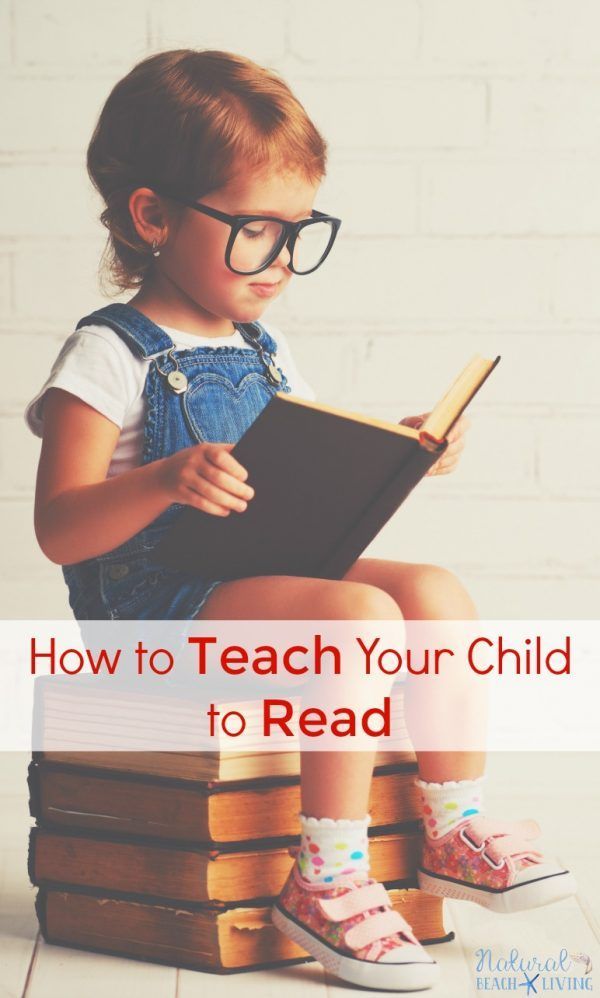 According to a study completed by the University of Michigan, there are five early reading skills that are essential for development. They are:
According to a study completed by the University of Michigan, there are five early reading skills that are essential for development. They are:
- Phonemic awareness – Being able to hear, identify, and play with individual sounds in spoken words.
- Phonics – Being able to connect the letters of written language with the sounds of spoken language.
- Vocabulary – The words kids need to know to communicate effectively.
- Reading comprehension – Being able to understand and get meaning from what has been read.
- Fluency (oral reading) – Being able to read text accurately and quickly.
While children will encounter these literacy skills and language development once they reach elementary school and beyond, you can help jumpstart their reading success by reading to them during infancy and their early toddler years.
While they won’t be able to practice fluency or phonics at that stage, they will get an earlier introduction to phonetic awareness, vocabulary and reading comprehension, all of which will set them up for success as they grow and interact with the world around them.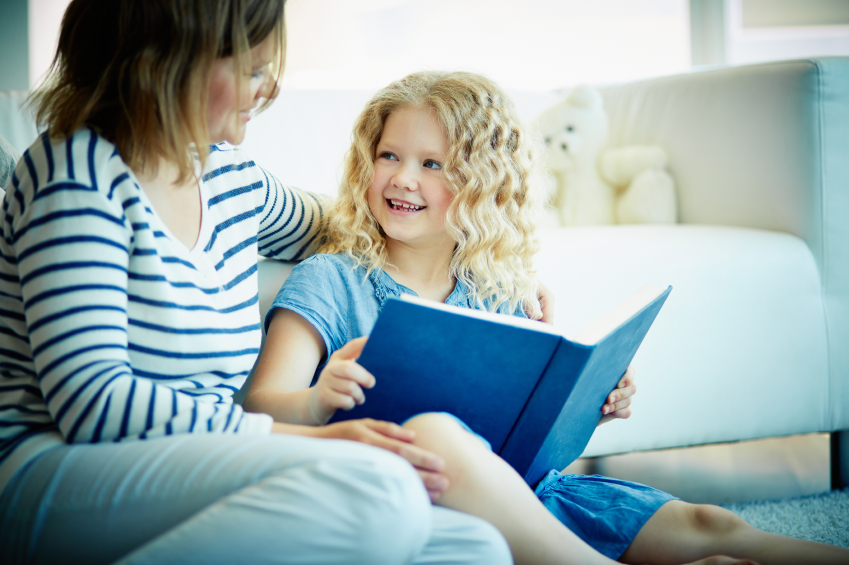
Developing a special bond with your child
It goes without saying that reading to your young child on a regular basis can help you forge a stronger relationship with them. When it comes to children, one of the most important things you can do to positively influence their development is spend time with them. Reading to your children provides a great opportunity to set up a regular, shared event where you can look forward to spending time together. With shared reading, your child will trust and expect that you will be there for them. The importance of trust to small children cannot be overstated.
Reading a favorite book to your children not only helps you bond with them, but also gives your children a sense of intimacy and well-being. This feeling of intimacy helps your child feel close to you, and the feelings of love and attention encourage positive growth and development.
With babies specifically, although they may not be able to understand what you’re saying when you read to them, reading aloud provides a level of invaluable nurturing and reassurance.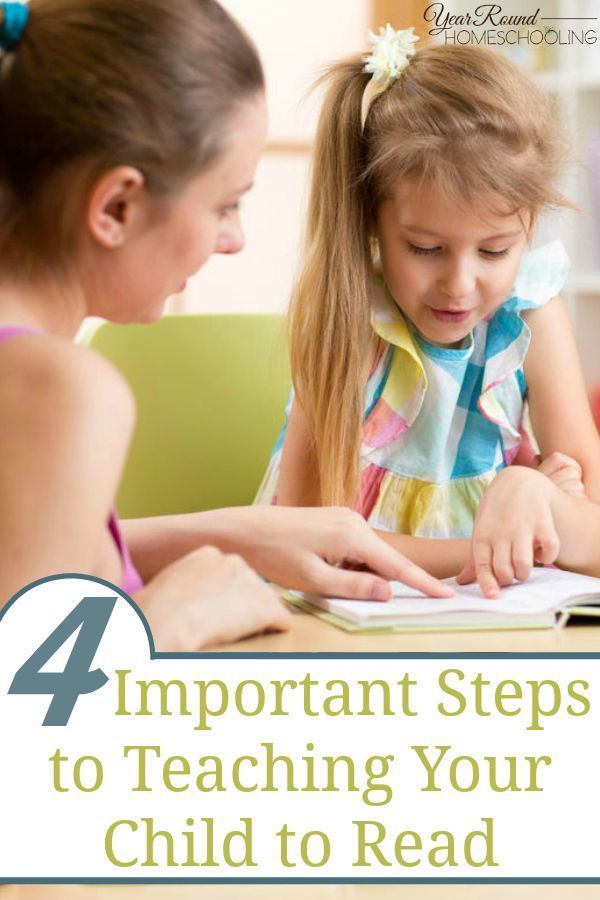 Very young babies love to hear familiar voices, and reading is the perfect outlet to create this connection.
Very young babies love to hear familiar voices, and reading is the perfect outlet to create this connection.
At a broader, more scientific level, it’s the parent-child relationship, nurturing relationships between caregivers and children that set a positive life course. If you are able to read aloud with your child at a predictable, scheduled time that fits with the daily routines of home and school, you’ll be able to provide something constant that they can expect and likely even look forward to.
Reading aloud together and having a shared activity gives you and your child something to talk about, which in turn supports the development of reading and writing skills (per the vocabulary and reading comprehension areas of development mentioned above). And down the road, reading together can be used to discuss real-life experiences and issues. A children’s book can provide springboards to meaningful discussions about many different topics which can further develop a child’s critical thinking skills.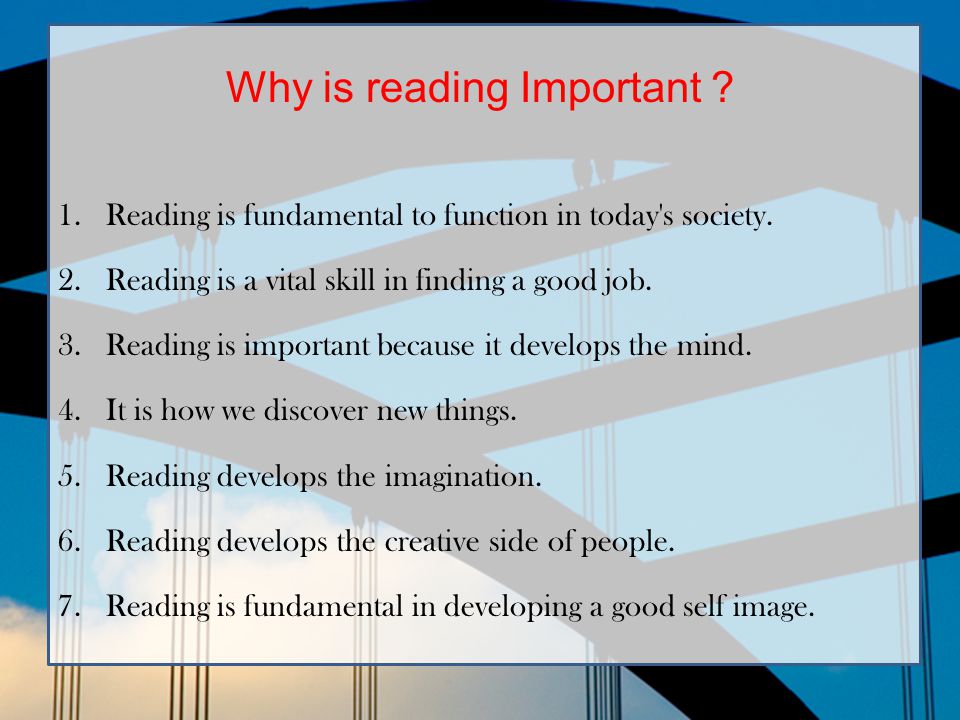
At its core, literature is one of the best ways to help kids understand something without necessarily having to experience it for themselves. Reading to your child helps to expose them to all types of subjects and concepts, building our children’s understanding of humanity and the world around them (ReadBrightly.com).
Increased concentration and disciplineIntroducing regular reading time into your child’s schedule has another benefit outside of creating shared time together: increased discipline and concentration. Very young children rarely sit still for long, and it’s oftentimes difficult to get them to focus. But when you introduce regular reading to your children, you may start to observe a change in behavior. Toddlers may initially squirm and become distracted during story time, but eventually they’ll learn to stay put for the duration of the book.
According to EarlyMoments.com, along with reading comprehension comes “a stronger self-discipline, longer attention span, and better memory retention, all of which will serve your child well when she enters school. ”
”
Young children naturally have a capacity to dream big and use their imaginations. Reading aloud to your child helps them use their imaginations to explore people, places, times, and events beyond their own experiences. Reading as an imaginative activity can open doors to all kinds of new worlds for your child. By widening your child’s imagination, your child is more likely to dream bigger and act creatively which can benefit they school, work, and life in the future.
Cultivating a lifelong love of readingAccording to Jim Trelease, author of the best-seller, The Read-Aloud Handbook: “Every time we read to a child, we’re sending a ‘pleasure’ message to the child’s brain… You could even call it a commercial, conditioning the child to associate books and print with pleasure” (ReadAloud.org)
This connection between reading and “pleasure” is crucial for success later in life. As personal development coach and speaker Brian Tracy says, your ability to expand your mind and strive for lifelong learning is critical to your success — “Learning is the minimum requirement for success in any field.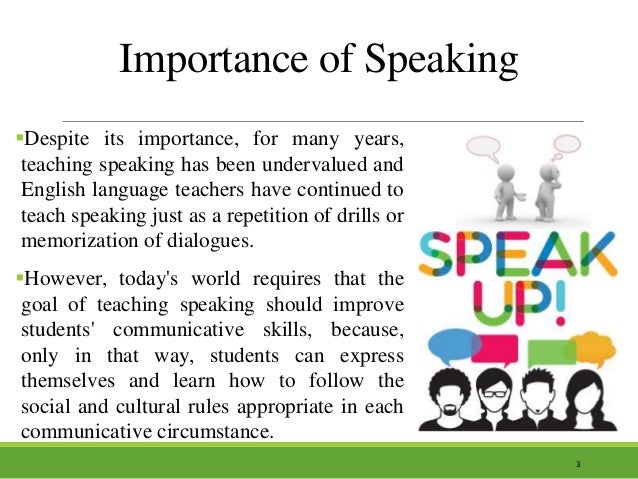 ”
”
Reading is the key for lifelong learning, and if you can instill a love of reading at an early age, then a commitment to lifelong learning is sure to follow. Reading aloud presents books as sources of pleasant, valuable, and exciting experiences. Children who value books are motivated to read on their own, and will likely continue to practice independent reading throughout the rest of their lives.
When it comes to reading to your children, the benefits to your child’s life range far beyond the development of a close bond with them, although that’s certainly one of them. Reading aloud to children is truly the single-most important activity for building these understanding and skills essential for reading success that your child will carry with them all throughout their life.
To learn more about our resources for children, visit our website.
Related Articles
This website uses cookies to improve your experience.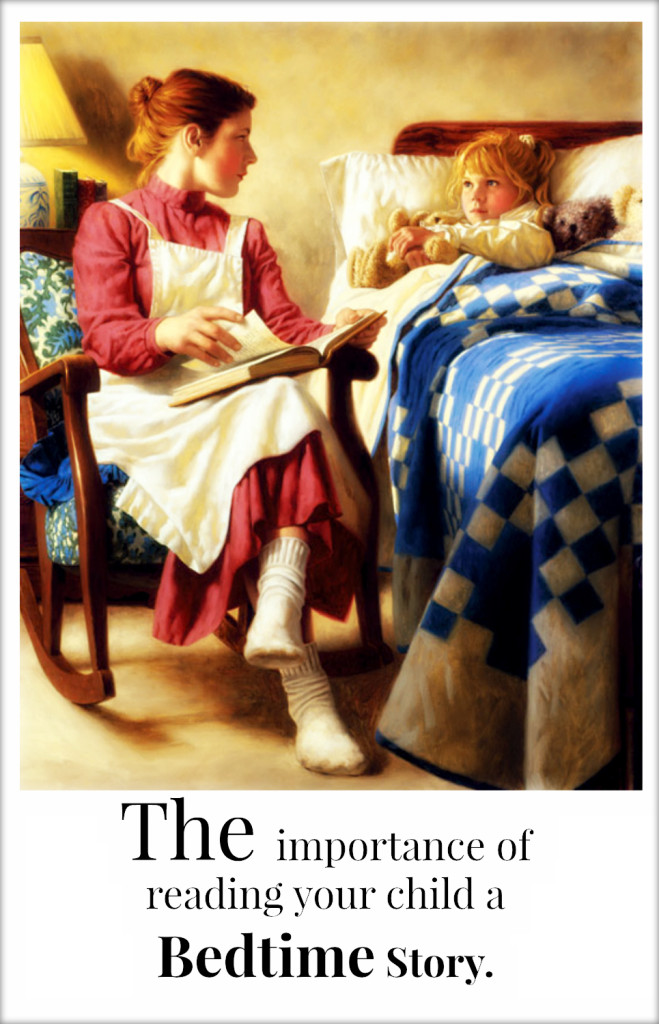 By continuing to use our site you agree to our Privacy Policy. ACCEPT
By continuing to use our site you agree to our Privacy Policy. ACCEPT
The benefits of reading books for children or how to cultivate curiosity
A wide variety of gadgets, computer games, audio books gradually turns reading as such into an "uninteresting" activity for the younger generation. Instead of fiction, parents buy game consoles for their children, allow them to watch uncontrolled television programs that inhibit brain development. It is much easier to get information from short messages, provided with a mass of visual accompaniment. nine0003
By the way, according to the Public Opinion Foundation, Russia has long ceased to be the most reading country, and 44% of citizens have never opened a book in a year. This is understandable - babies are now practically born in hands with a touchscreen phone, and adults are gradually switching to a passive perception of information from electronic devices.
Why do children need to read?
Meanwhile, scientists have proven that reading for 6 minutes reduces stress levels by more than 2 times. Listening to soothing music and walking are only in second and third place in relieving stress. nine0003
Listening to soothing music and walking are only in second and third place in relieving stress. nine0003
Researchers in the UK claim that reading is as beneficial to the body as fitness is to the muscles, because during this process a person exercises the entire brain.
There are completely different processes in the gray matter if you read for pleasure and if you are trying to learn information, for example, to pass an exam. Scientists conducted research and found that at the moment of transition from ordinary reading to the desire to memorize the text in detail, active blood circulation begins in the head and the type of nervous activity completely changes. Blood reaches those areas of the brain that are responsible for cognition and concentration. Any kind of neurological load is good for the brain, it activates blood circulation, improves tissue nutrition. nine0003
What is the main benefit of reading?
The benefits of books for children are beyond doubt. Children love to be read to. It is from the parents that the baby hears the first poems and fairy tales, and if the parents do not ignore reading even the smallest, then with a very high probability the book will soon become the child's best friend. Why? Because the book :
Children love to be read to. It is from the parents that the baby hears the first poems and fairy tales, and if the parents do not ignore reading even the smallest, then with a very high probability the book will soon become the child's best friend. Why? Because the book :
- expands the child's understanding of the world
- introduces everything that surrounds the child: nature, objects, etc.
- influences the formation of preferences and reading tastes of the child
- develops thinking - both logical and figurative
- expands vocabulary, memory, imagination and fantasy
- teaches how to write sentences correctly.
Children to whom parents read aloud regularly begin to understand the structure of a literary work (where the beginning, how the plot unfolds, where the end comes). Through reading, the child learns to listen - and this is important. Getting acquainted with books, the child learns his native language better.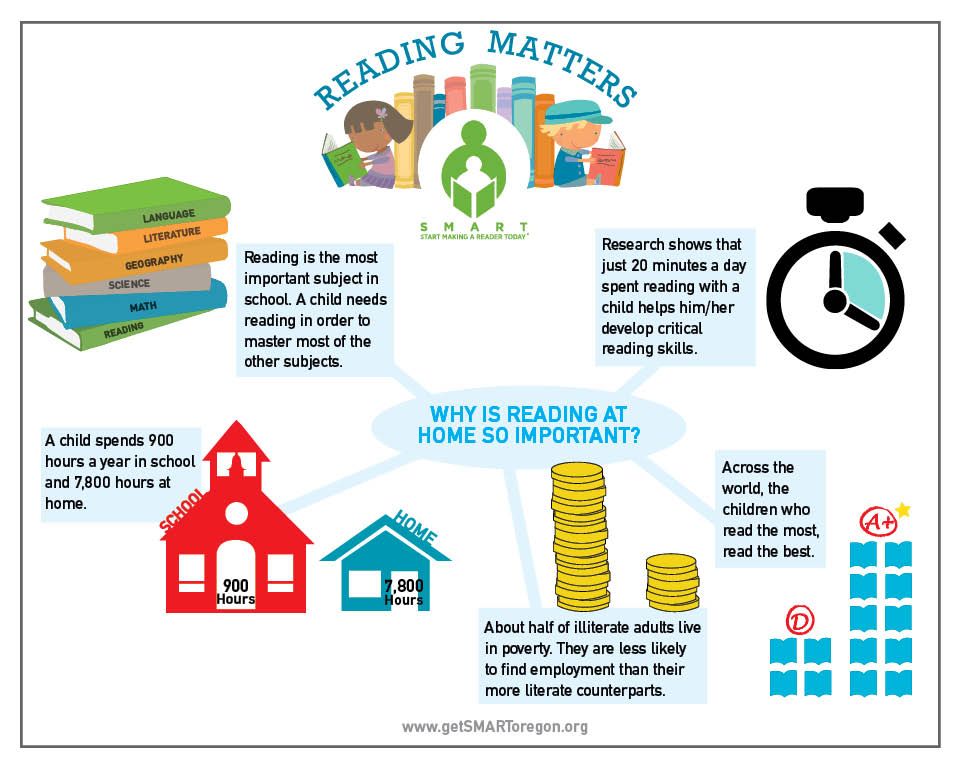 nine0003
nine0003
Children usually look forward to being read to by their parents. Reading aloud is of great importance for those children who can already read the book themselves. Family reading is a guarantee of well-being, a way of communication between parents and children, a method of education and good leisure. That is why mom and dad should always have time to read to children.
Psychologists believe that children to whom parents read books are emotionally balanced and self-confident.
Here's what happens when we read together:
- Children who are often read to feel close, protected, safe. Such children are much more comfortable to live than those who are deprived of the joy of reading.
- While reading together, children form a moral attitude towards the world. The heroes of the books do a variety of things, get into false situations, make decisions - all this the child can discuss with the parent, while forming an understanding of good and evil, friendship and betrayal, sympathy, duty, honor.
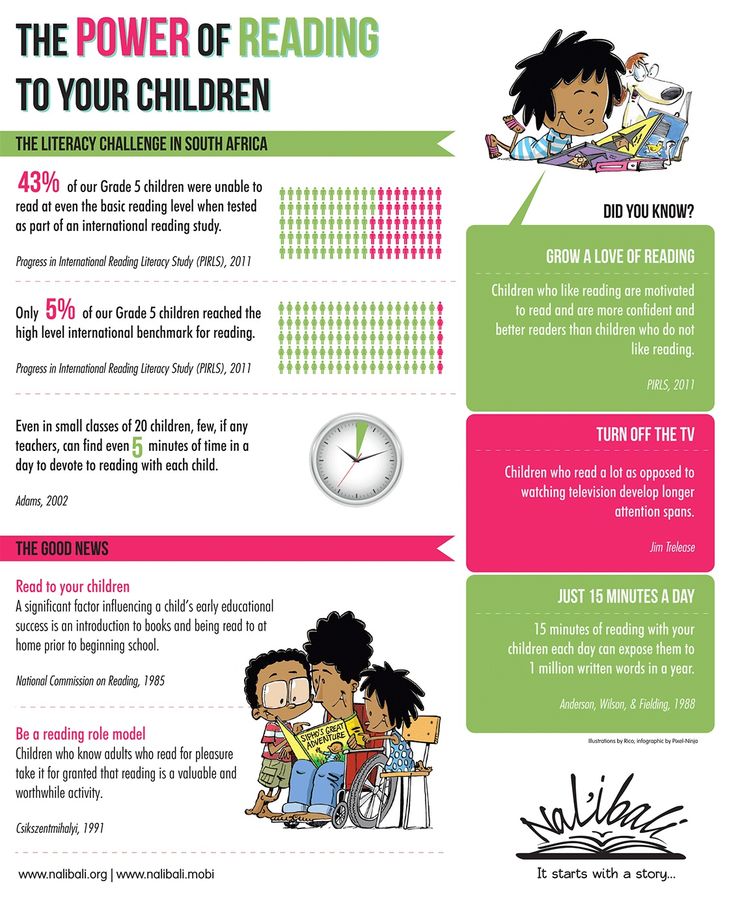 nine0025 With active listening, the child vividly imagines what is being narrated and experiences. At these moments, he develops emotionally and, often identifying himself with the main character, overcomes his own fears.
nine0025 With active listening, the child vividly imagines what is being narrated and experiences. At these moments, he develops emotionally and, often identifying himself with the main character, overcomes his own fears. - When listening to a literary work, the child inherits a variety of behaviors through the book: for example, how to become a good friend, how to achieve a goal, or how to resolve a conflict. The role of parents here is to help compare situations from a fairy tale with situations that can happen in real life. nine0026
The book is the key to child development
The benefits of reading books for children are very great. Early childhood and the preschool period is a time that must not be missed in order to lay the most valuable qualities in a child, because it is at this time that the inner world of the child is formed. And here a book is a good helper, which helps to shape the worldview of the child, his morality, values, and the general level of culture.
From the first books, the little ones learn about the rules of politeness and the basics of health, as well as the simplest rules of life. Toddlers are often read short folklore works, unpretentious poems, in which folk wisdom is presented in forms accessible to crumbs. nine0003
Instilling a love of reading in AMAKids
AMAKids Intelligence Development Academy pays special attention to reading and has developed a whole methodology to increase reading speed. The technique is called Liberica. After completing the Liberica course, you will be able to read books at lightning speed and work with large amounts of information at the same speed. This is a practical skill, acquiring it, the reading speed increases by 5 or more times relative to the starting readings after completing the main course of Liberica. And 10 times or more when fully exploring Liberica and Liberica+. AMAKids students perceive reading as an interesting process and easily immerse themselves in the material.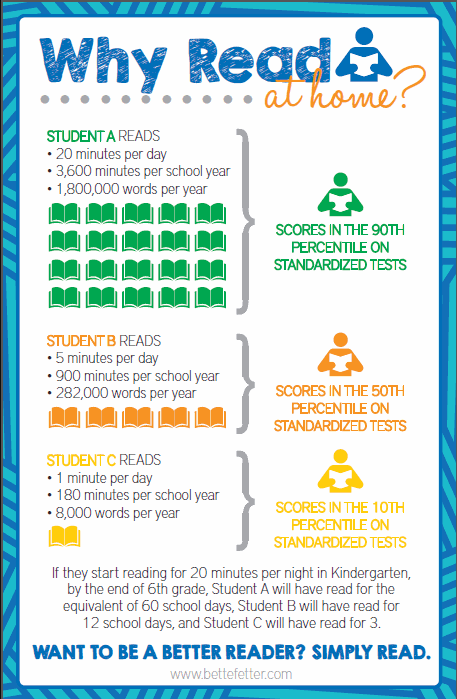 Reading becomes more fun, children read with pleasure. nine0003
Reading becomes more fun, children read with pleasure. nine0003
After completing the course of Liberica, children not only increase their reading speed, but also improve the assimilation of the information they read. When reading, we kind of immerse ourselves in the book, visualize the plot, imagine ourselves as a participant in dramatic actions. At this moment, those parts of the gray matter begin to work, which, in the absence of such a load, usually sleep. Neither computer games nor watching TV shows have a similar effect.
So read books and instill a love of reading in your children from an early age with the Liberic Method. No wonder they say that there are two categories of people: those who read books and those who listen to those who read. nine0003
How does reading books affect a child's development?
How often do you read books with your children? What are your favorite children's works, children's author or fairy-tale hero with your child?
Today we want to tell you how reading books to children affects their development.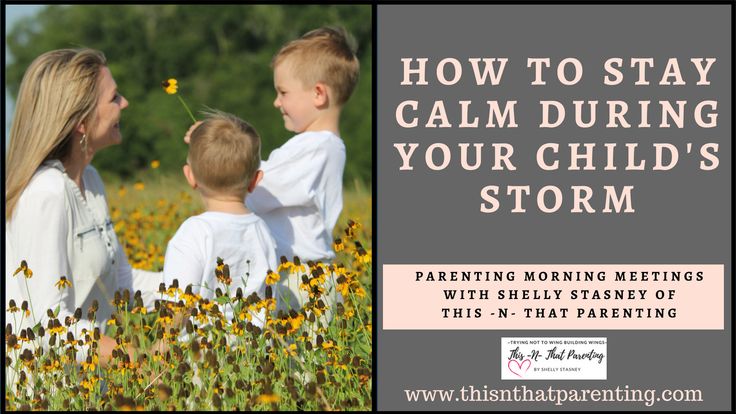 The book is of great importance in the development of the child, namely: it expands the child's understanding of the world, introduces everything that surrounds the child: nature, objects, etc., influences the formation of preferences and reading tastes of the child, develops thinking - both logical and and figurative, expands vocabulary, memory, imagination and fantasy, teaches how to correctly compose sentences. Did you know that there are 50% more rare words in children's literature than in adult conversations? Normal conversation only provides children with a basic vocabulary. Rare words they can learn only from books. nine0003
The book is of great importance in the development of the child, namely: it expands the child's understanding of the world, introduces everything that surrounds the child: nature, objects, etc., influences the formation of preferences and reading tastes of the child, develops thinking - both logical and and figurative, expands vocabulary, memory, imagination and fantasy, teaches how to correctly compose sentences. Did you know that there are 50% more rare words in children's literature than in adult conversations? Normal conversation only provides children with a basic vocabulary. Rare words they can learn only from books. nine0003
Children who are often read to feel close, protected, and safe. Such children are much more comfortable to live than those who are deprived of the joy of reading. During joint reading, children develop a moral attitude towards the world. The heroes of the books do a variety of things, get into false situations, make decisions - all this the child can discuss with the parent, while forming an understanding of good and evil, friendship and betrayal, sympathy, duty, honor.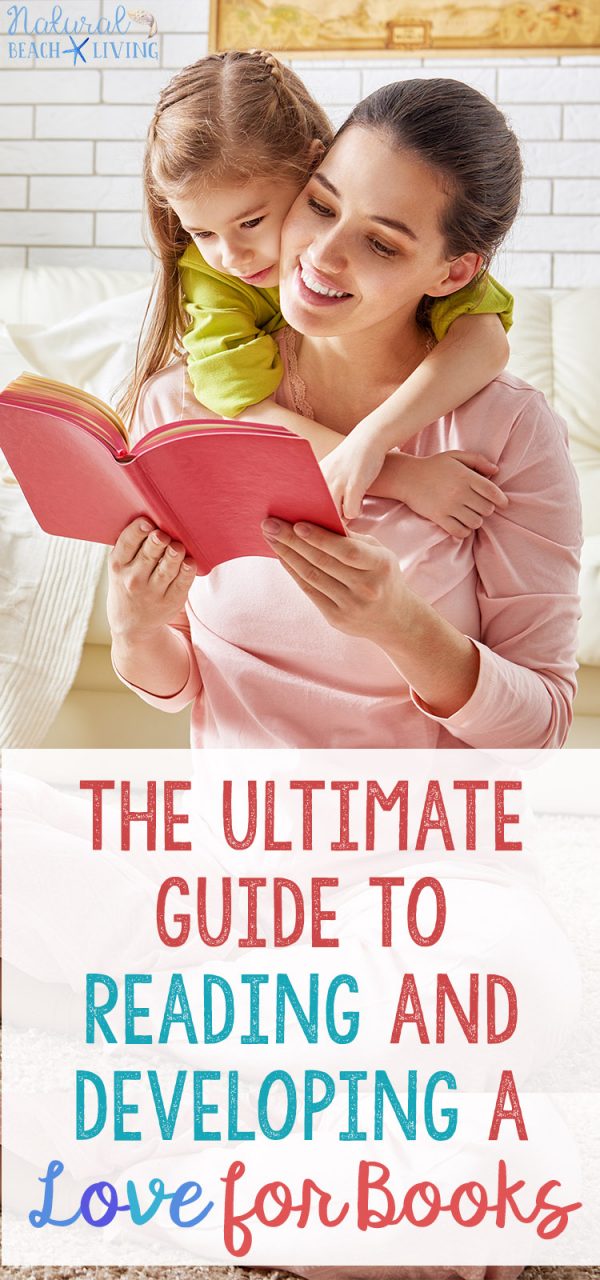 With active listening, the child vividly imagines what is being narrated and experiences. At these moments, he develops emotionally and, often identifying himself with the main character, overcomes his own fears. When listening to a literary work, a child inherits a variety of behaviors through a book: for example, how to become a good friend, how to achieve a goal, or how to resolve a conflict. The role of parents here is to help compare situations from a fairy tale with situations that can happen in real life. nine0003
With active listening, the child vividly imagines what is being narrated and experiences. At these moments, he develops emotionally and, often identifying himself with the main character, overcomes his own fears. When listening to a literary work, a child inherits a variety of behaviors through a book: for example, how to become a good friend, how to achieve a goal, or how to resolve a conflict. The role of parents here is to help compare situations from a fairy tale with situations that can happen in real life. nine0003
Children to whom parents read aloud regularly begin to understand the structure of a literary work (where the beginning, how the plot unfolds, where the end comes). Through reading, the child learns to listen - and this is important. Getting acquainted with books, the child learns his native language better.
From 6 to 8 years old. The reading circle of preschool children is changing rapidly. Children after 5-6 years are no longer interested in nursery rhymes or short poems.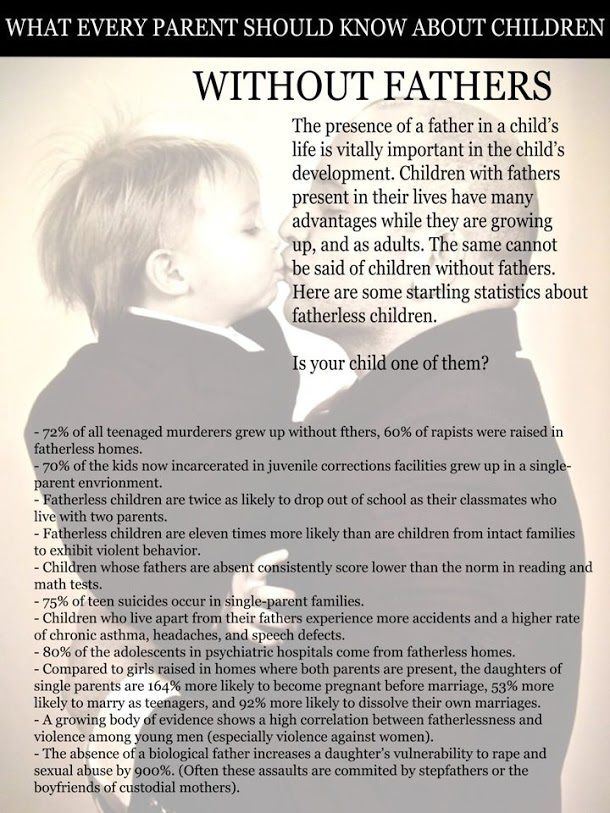 At this age, children develop and consolidate reading skills. Children of senior preschool and primary school age prefer more voluminous works with a complex plot and a large number of characters in order to read them (or listen) and wait for continuation. They may also be interested in all kinds of children's encyclopedias, where information about the world is available. nine0003
At this age, children develop and consolidate reading skills. Children of senior preschool and primary school age prefer more voluminous works with a complex plot and a large number of characters in order to read them (or listen) and wait for continuation. They may also be interested in all kinds of children's encyclopedias, where information about the world is available. nine0003
We offer you a list of books for children 6-7 years old, rather, not methodological, not pedagogical, but parental in nature. All parents think about the question of what exactly to read to the child, for what and at what age. In addition, we ourselves have lines that we have loved since childhood, which we, as commanded property, would like to pass on to our children and grandchildren.
What books should a 6 year old child read? And what books, in your opinion, should a child read by the age of 7, that is, before the onset of the so-called primary school age? Below you can view lists of preschool books recommended by preschool.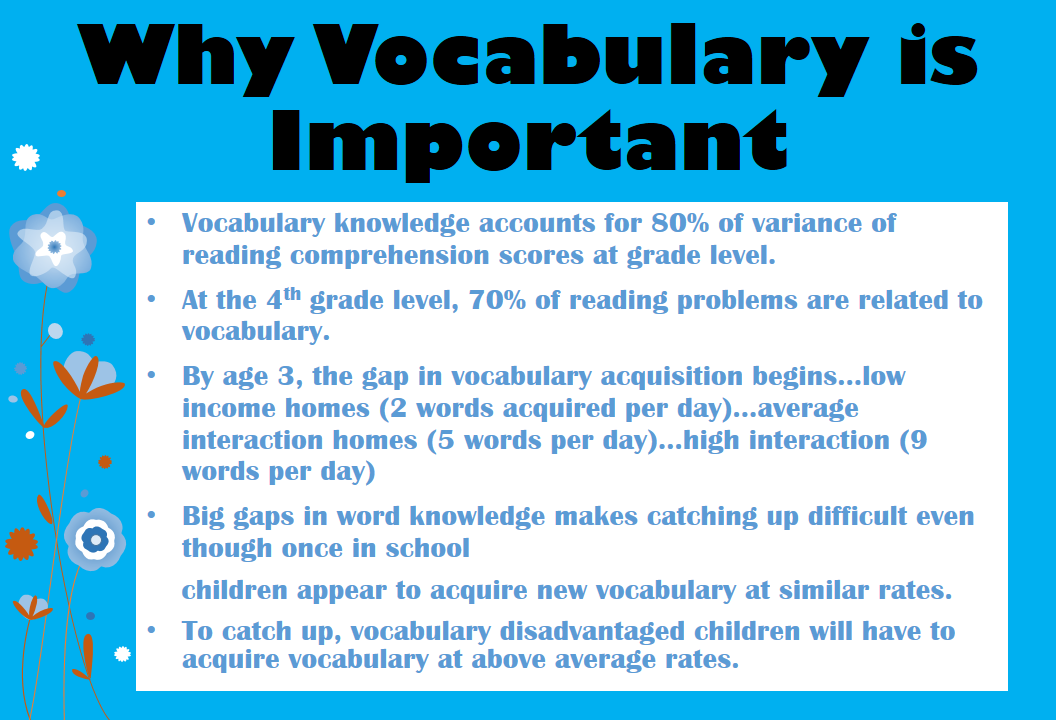 nine0003
nine0003
Russian literature
1. Aksakov S. "The Scarlet Flower"
2. Aleshkovsky Yuz "Shoo and Two Portfolios", "Shoo and I in the Crimea"
3. Aleksandrova G. "Domovenok Kuzka and magical things" (with continuations)
4. Afanasyev A. Tales
5. Bazhov P. "Malachite Box", "Ural Tales", "Silver Hoof"
6. Bianki V. "Forest newspaper", "Sinichkin calendar" nine0003
7. Bulychev Kir "Adventures of Alice"
8. Veltistov E. "Adventures of Electronics", "Gum-Gum", "A Million and One Days of Vacation"
9. Volkov A. "The Wizard of the Emerald City"
10. Gaidar A. "Blue Cup", "Chuk and Gek"
11. Geraskina L. "In the country of unlearned lessons"
12. Golyavkin V. "My good dad", "Harp and boxing", "How I sat under the desk", Stories nine0003
13. Gore Gennady "Boy"
14. Grabovsky Jan "Fly with whims"
15. Grigorovich "Gutta-percha boy"
16. Gubarev V. "Three on the Island", "In the Far Far Away Kingdom", "The Kingdom of Crooked Mirrors"
Gubarev V. "Three on the Island", "In the Far Far Away Kingdom", "The Kingdom of Crooked Mirrors"
17. Davydychev L. "The Life of Ivan Semenov"
18. Danko E. "Defeated Karabas"
19. Demykina G. "House on a Pine"
20. Dragunsky V. "Deniska's stories", "20 years under the bed", "Dog Thieves" nine0003
21. Durov V. "My animals"
22. Ermolaev Y. "House of brave cowards"
23. Ershov P. "Humpbacked Horse"
24. Zhuravleva Z. "Take off the shell"
25. Zabolotsky "The Tale of the Crooked Man", "Knock-knock-knock beater"
26. Ivanov S. "Former Bulka and his daughter"
27. Ilyin M. "One hundred thousand why"
28. Kaverin V. "Hourglass" nine0003
29. Kataev V. “Flower-seven-flower”, “Pipe, jug”, “Magic horn of Oberon”
30. Kokovin E. "Din-Dag"
31. Konstantinovsky M. "KOAPP"
32. Korzhikov V. "Merry sailing Solnyshkin"
33.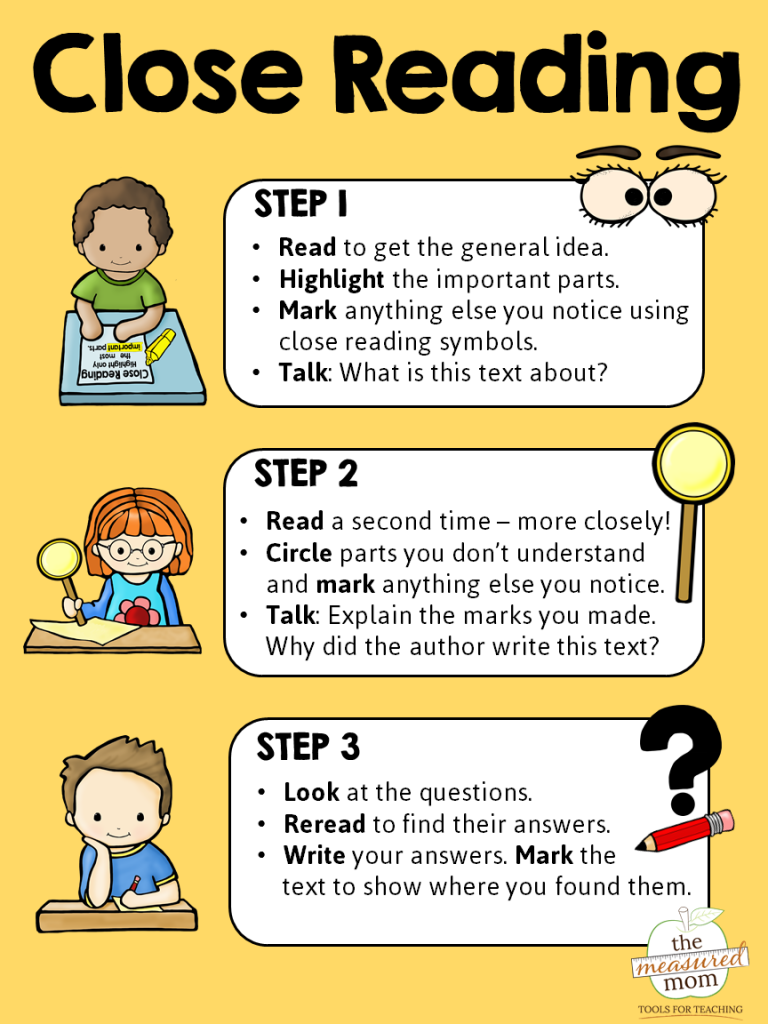 Krylov I. Fables
Krylov I. Fables
34. Kumma A., Runge, S. "The Second Secret of the Golden Key"
35. Kuprin "Elephant"
36. Lagin Lazar "Old Man Hottabych", "Blue Man", "Patent AV" nine0003
37. Larry Yang "The Extraordinary Adventures of Karik and Vali"
38. Lermontov "Airship"
39. Magalif Yuri "Zhakonya", "Cat Kotkin"
40. Mamin-Sibiryak D. "Grey Neck", "Alyonushka's Tales"
41. Marshak S. "Twelve months", "Smart things"
42. Medvedev V. "Barankin, be a man!"
43. Mikhalkov S. "The Feast of Disobedience" nine0003
44. Naumov E. "Coral City", "Magic Whirlwind"
45. Nekrasov A. "The Adventures of Captain Vrungel"
46. Nekrasov N. "Grandfather Mazai and hares"
47. Nestaiko V. “One with deceit”, “Five with a tail”, “Mysterious voice behind”, “Toreadors from Vasyukovka”, “Kidnappers are looking for the victim”
48. Nosov N. "The Adventures of Dunno and His Friends", "Vitya Maleev", "Dreamers" nine0003
49. Odoevsky V. "Town in a snuffbox"
Odoevsky V. "Town in a snuffbox"
50. Olesha Yu. "Three fat men"
51. Oseeva V. "Dinka", "Vasek Trubachev and his comrades"
52. Oster G. "38 Parrots"
53. Panteleev L. “Honest Word”, “Squirrel and Tamarochka”, “Merry Tram”
54. Permyak E. Tales
55. Perova O. "Guys and animals"
56. Pivovarova “What is my head thinking about”, “Once Katya with Manechka” nine0003
57. Pogodin R. "Brick Islands"
58. Pogorelsky A. "Black Chicken, or Underground Inhabitants"
59. Pocheptsov G. "School Tales", "Country of Cities", "Bureau of Good Offices"
60. Prishvin M. "Pantry of the Sun", "Kashcheev's Chain"
61. Pushkin A. "Song of the Prophetic Oleg"
62. Raskin A. "How little dad was"
63. Rozanov S. "The Adventures of Grass" nine0003
64. Lev Rubinstein "Grandfather of the Russian Navy", "In the Gardens of the Lyceum"
65. Rutkovsky V.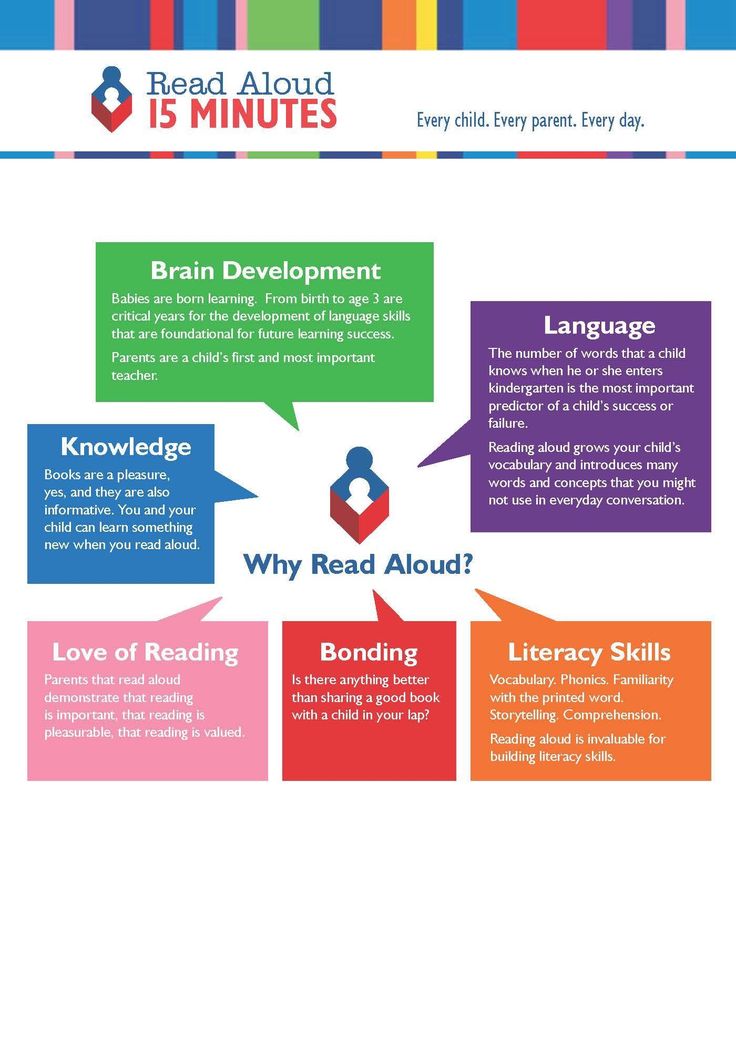 "Guests on a broomstick", "Friends from a quiet backwater"
"Guests on a broomstick", "Friends from a quiet backwater"
66. Rybakov A. "Dagger", "Bronze Bird", "Shot"
67. Salomatov A. "Our extraordinary Gosha"
68. Salie M. "Tales of 1000 and one night"
69. Sotnik Y. "How I was independent"
70. Tikhomirov O. "Green Window" nine0003
71. Tokmakova I. "Alya, Klyaksich and the letter A"
72. Tolstoy A. "The Adventures of Pinocchio", "Borivoy, Vasily Shibanov, Kurgan, etc."
73. Tomin Yu. “Carousels over the city”, “A, B, C, D, E, etc.”, “Was a magician walking around the city”
74. Tolstoy L. "Jump", "Lion and Dog", stories and fairy tales
75. Mustachioed G. plays-fairy tales
76. Chaplina V. "Pets of the zoo", "My pupils" nine0003
77. Chepovetsky E. "Fidget, Makish and Netak"
78. Black A. Fox Mickey's Diary
79. Chekhov A.P. "Kashtanka"
80. Sharov A. “Boy Dandelion and Three Keys”, “The Adventures of Ezhinka and the Painted Men”, “Star Shepherd and Ninochka”, “Wizards Come to People”, “Children and Adults”, “Pirrow Island”, “The Tale of Ten mistakes", "Okoem"
81. Schwartz E. "Cinderella", "The Snow Queen", "Ordinary Miracle", "Two Maples" nine0003
Schwartz E. "Cinderella", "The Snow Queen", "Ordinary Miracle", "Two Maples" nine0003
82. Emden Esther "House with Magic Windows", "The Adventures of a Little Actor"
83. Jagdfeld and Gernet N. "Katya and the Crocodile"
Foreign literature
1. Andersen G. Tales and stories
2. Babich I. "My familiar animals"
3. Barnford S. "The Incredible Journey"
4. Barry J. Peter Pan and Wendy
5. Baum Fr. "Land of Oz"
6. Besson Luc "Arthur and the Invisibles"
7. Bjehwa Yang "Academy of Pan Klyaksa"
8. Bisset D. "Forgotten Birthday", "Krokokot", Tales
9. Blyton Enid, Tim the Famous Duck, Noddy's Adventure
10. Brothers Grimm Tales
11. Vangeli S. "Adventures of Gugutse", "Blue hut", "Chubo from the village of Turturik"
12. Verne Jules "Travels around the world in 80 days" (children's edition).
13. Westley A-K. “Dad, mom, 8 children and a truck”, “Aurora from building “C”.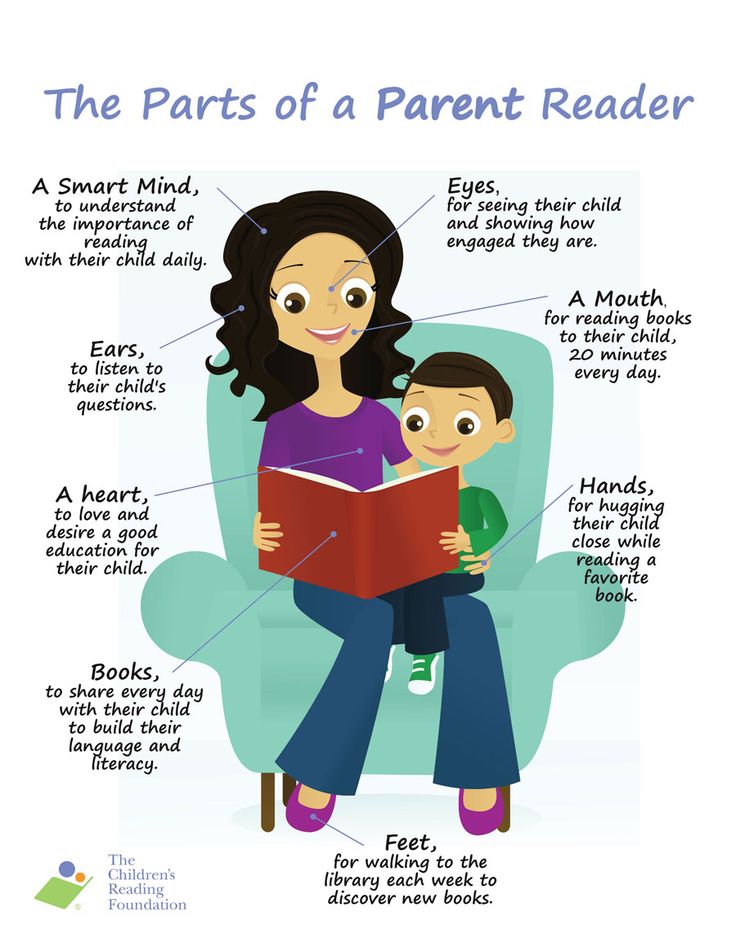 9009nine 14. Gauf V. Tales
9009nine 14. Gauf V. Tales
15. Hoffman E.T. The Nutcracker, Beautiful Child, Orange Princess
16. Graham Kenneth The Wind in the Willows
17. Darell J. "A Zoo in My Luggage", "The Land of Rustles", "The Talking Package", "The Hounds of Bafut"
18. d'Hervilly, E. "The Adventures of a Prehistoric Boy"
19. Salten F. "Bambi"
20. Kern Ludwig Jerzy "Ferdinand the Magnificent"
21. Kipling R. "Mowgli", "Little Stories"
22. Collodi K. "Pinocchio"
23. Crews, J. "Tim Thaler, or Sold Laughter," "My Great-Grandfather, Heroes, and Me," "Wizard in the Inkwell"
24. Carroll Lewis Alice in Wonderland, Alice Through the Looking Glass
25. Lagerlöf Selma "The Wonderful Journey of Niels"
26. Lindgren Astrid "Brothers Lionheart", "Pappy Longstocking"
27. Lobato Monteiro "Order of the Yellow Woodpecker"
28. Lobe of the World; Ferra-Mikura "Grandma on the apple tree"
29. Hugh Lofting "The Adventures of John Dolittle", "John Dolittle Circus"
30.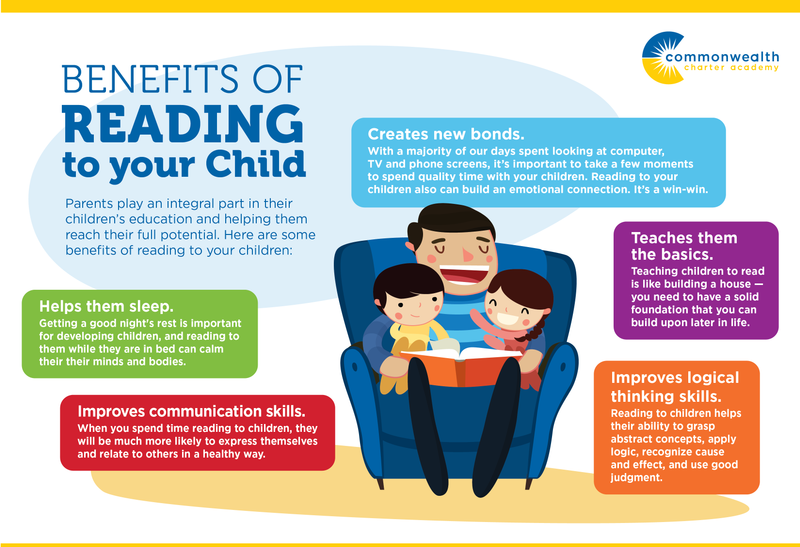 Lewis Clive The Chronicles of Narnia
Lewis Clive The Chronicles of Narnia
31. Maar Paul "Subbastic", "7 Saturdays a week"
32. Malo Hector "Without a family", "In the family", "Romain Calbri"
33. Maeterlinck M. "The Blue Bird", "Ariana and the Bluebeard"
34. Nesbit, E. "Five Children and a Beast", "Phoenix and Carpet", "The Talisman"
35. Pelin Yelin "Yan Bibian"
36. Preusler O. "Little baba yaga, ghost, water"
37. Raspe R.E. "The Adventures of Baron Munchausen"
38. Raud Eno "Clutch, Half Shoes and Moss Beard", "Sipsik"
39. Gianni Rodari "The Adventures of Cipollino", "Cake in the Sky", "Journey of the Blue Arrow", "Jelsamino in the Land of Liars"
40. Saya Kazis "Hey, hide!"
41. Swift J. Gulliver's Travels
42. Saint-Exupery A. The Little Prince
43. Seton-Thompson E. Animal Tales
44. Stevenson R. Heather Honey
45. Mark Twain "Tom Sawyer", "Huckleberry Finn"
46. Travers Pamela "Mary Poppins"
47. Fekete Istvan "Fox Vuk"
48.



